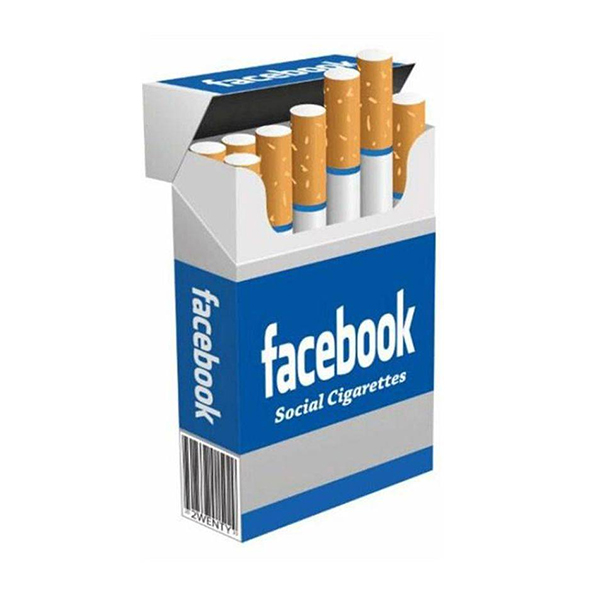Why one non-profit leader says social media is this generation’s smoking.
 Is social media really that damaging to our well-being? Simon Gunning, the CEO of the Campaign Against Living Miserably, believes we are at a turning point similar to his generation and their attitudes toward smoking.
Is social media really that damaging to our well-being? Simon Gunning, the CEO of the Campaign Against Living Miserably, believes we are at a turning point similar to his generation and their attitudes toward smoking.
“Change feels glacial when you are in the midst of pushing for it, yet often the magnitude of cultural shifts are only visible in retrospect,” writes Nicola Kemp in Campaign. “As the chief executive of Campaign Against Living Miserably, Simon Gunning is at the forefront of a cultural shift in how brands and individuals talk about their mental well-being. The charity is spearheading an awareness drive about male suicide, the single biggest killer of men under 45 in the UK.”
He believes that social media has helped to create a distinct crisis in self-worth among young men … even while we see a shift in attitudes and awareness of mental well-being.
For brands (he comes from a background in marketing and advertising, so this is his wheelhouse), there is a profound shift underway, in which many companies are taking more responsibility to root their cultures in kindness – and this will help to offset the potential damage of social media.
“If you look at Harry’s grooming [which sets aside a percentage of its sales and much of its time to charitable organizations], it doesn’t have the deep pockets of Dollar Shave Club, but its purpose is woven deeply into what they are,” Gunning explains. “When you remove the cynicism, you just need to trust the truth, because people will like you more for it.”
His ideas make sense, especially when we look at the ideals held by Gen Z and the increasing importance of trust as it relates to brand loyalty. Meanwhile, we see consumers taking a step back, as we realize we are raising a generation of screen-addicted, unhappy kids. And it starts young. A study funded by the National Institutes of Health found that kids between the ages of 8 and 11 who sacrificed sleep time for screen time showed profound ill effects.
“The study associates kids who met [recommended] guidelines – which include nine to 11 hours of sleep, at least one hour of physical activity and less than two hours on screens – with improvements in cognition,” writes Brett Molina in CNBC.
Can we turn the tide on the negative impact of social media and aggressive advertising? I believe we can – and we must. It starts with a personal commitment to notice your own level of participation, and change your behavior accordingly. And it spreads from there. I took Facebook off my phone this weekend. I don’t miss it, my neck isn’t as sore, and I find I’m more relaxed and engaged in my downtime. It’s a start. What changes can you make?
